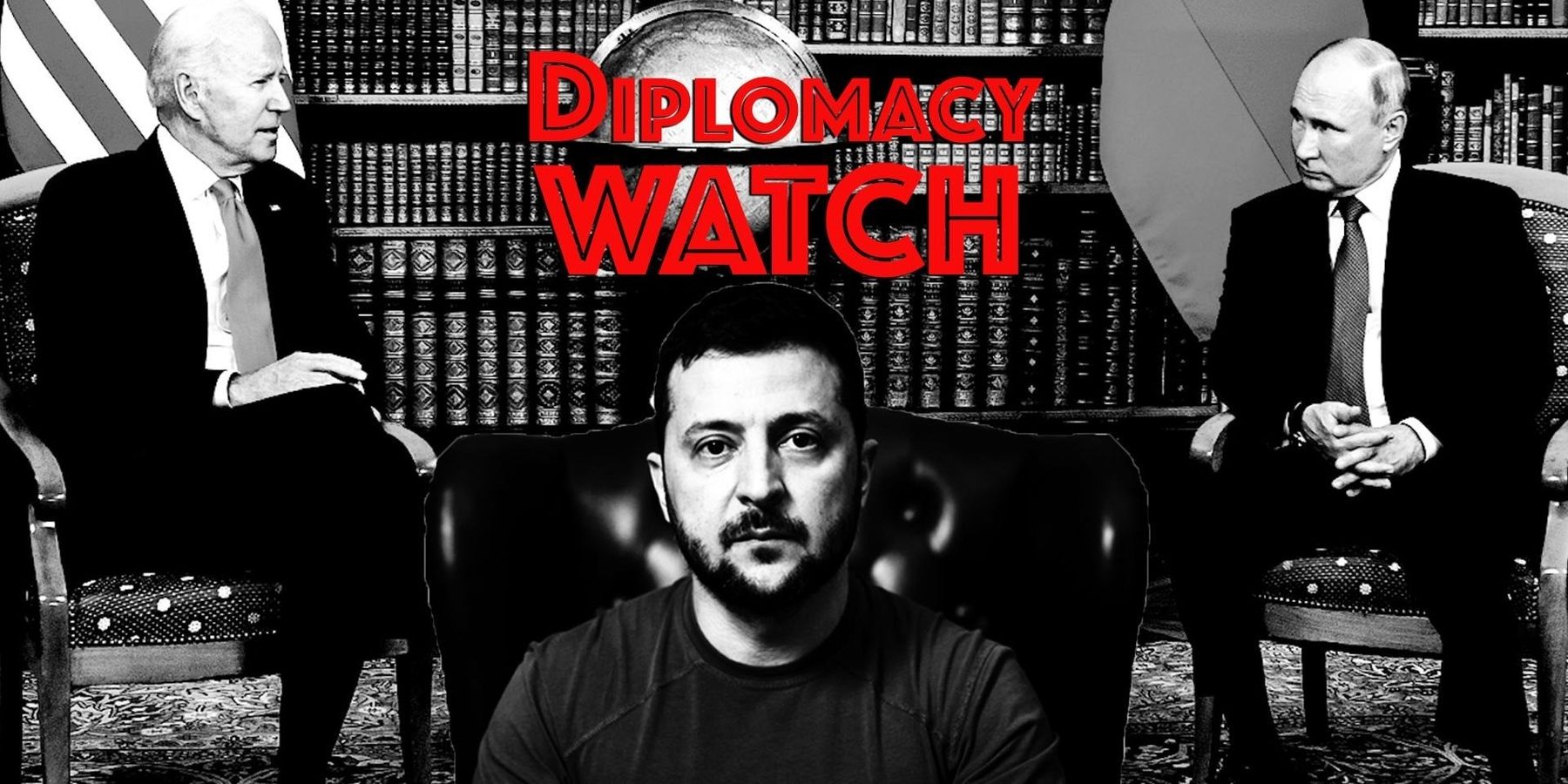October of 2024 was the most militarily successful month for Russia since July of 2022. After months of sustained pressure, and mostly stagnant front lines, Russian troops have broken through and made significant gains in the Donbas region of Ukraine. According to the New York Times, Russian forces have secured more than 160 square miles there, and are capturing strategic towns along the way.
It seems as though the next goal for Russians in the Donbas is to take the strategic rail town, Pokrovsk, which would seriously inhibit Ukraine’s ability to resupply its forces in the region. Encirclement of this strategic city is likely as Ukraine has likely lost Selydove this week, a city which is only about 20 miles south of Pokrovsk.
Experts say Russia’s advances this past month are due to several factors. Analyst at the French Foundation for Strategic Research, Vincent Tourret, says that Ukraine is losing ground due to Russia’s use of powerful guided missiles, and Ukraine’s lack of fortifications in the region. According to Tourret, “Ukraine’s defenses are more and more battered, the terrain is more and more favorable for Russian offensives and, on top of that, the Russians have a better impact, the three factors combine to explain the increase in Russian gains.”
These losses, combined with reports that Ukrainian forces are overstretched, and the fact that North Korean soldiers are now present in the conflict do not bode well for Kyiv. Additionally, Ukraine is suffering from a lack of manpower, as well as low morale among its existing soldiers. To combat this, Kyiv has introduced a new mobilization drive, hoping to recruit an additional 160,000 soldiers.
Other Ukraine News This Week:
According to Reuters, the Pentagon has declared that Ukraine would not gain additional permissions for the use of American weapons as a result of North Korean soldiers being deployed to Russia. Pentagon officials said on Monday that 10,000 North Korean troops had been deployed to eastern Russia for training, up from an estimate of 3,000 troops last Wednesday.
“In response, allies must scale up military support for Ukraine,” Ukrainian Foreign Minister, Andrii Sybiha said. “Lift restrictions on long-range strikes. Start intercepting Russian missiles and drones over Ukraine. Extend invitation to NATO. Boost investment in Ukraine’s arms manufacturing.”
For its part, the DPRK is defending its decision to assist Russia militarily. At a U.N. Security Council Meeting on Wednesday, DPRK Ambassador Kim Song asserted the nations’ right to “develop bilateral relations in all fields.”
South Korea has begun to strengthen its ties with Ukraine as a response to North Korean support of Moscow. Reuters reports that the countries are stepping up cooperation and intelligence sharing to develop future countermeasures against Pyongyang. This comes after weeks of increased hostility between the two Koreas, with North Korea demolishing connecting roads to its southern neighbor earlier this month. In addition to intelligence sharing, South Korea is contemplating sending weapons to Kyiv for the first time, which could transform the Ukrainian battlefield into a proxy conflict between Pyongyang and Seoul.
The United States unveiled a new round of sanctions on Wednesday, focusing on almost 400 individuals and entities who were accused of aiding Moscow’s war machine. According to the Agence France Presse, Deputy Treasury Secretary Wally Adeyemo said, "the United States and our allies will continue to take decisive action across the globe to stop the flow of critical tools and technologies that Russia needs to wage its illegal and immoral war against Ukraine.”
From the State Department Briefing on Oct. 28:
Spokesperson Matthew Miller was asked about the reports of North Korean soldiers in Russia, and if he knew how close they were to Kursk. Miller said that they were aware of around 10,000 soldiers who were sent to Russia but could not disclose if they knew how close they were to Kursk. He did say, however, that, “we have over the last few days seen a portion of those 10,000 groups move west, closer to Ukraine, In terms of an assessment, we’re concerned that they intend to use them to fight or to support combat operations against Ukrainian forces in Kursk.”
From the State Department Briefing on Oct. 29:
Spokesperson Miller confirmed that the State Department believed that Russia was violating international law by training North Korean troops, even though the nations have a mutual military treaty. Miller said that the United States and its partners will be evaluating the potential for new sanctions and that US delegations will continue to be sent to Kyiv.
From the State Department Briefing on Oct. 30:
A reporter asked Miller if the US had any concerns over China’s lack of response to North Korea’s sending troops to Russia. He said that ultimately Chinese officials can speak for themselves, but that “we have engaged directly with officials with the Government of China to make quite clear our concerns about this deepening military relationship between Russia and North Korea, and to make clear that we think this ought to be a source of concern for China as well as other countries in the region.”
The Spokesperson also said that North Korean troops in Russia did not “complicate the situation” for NATO and its allies, but that that some allies, specifically South Korea, were concerned about the development.
When asked about Ukrainian President Zeleneksyy’s claim that only 10 percent of a promised aid package had arrived, Miller directed reporters to the Pentagon, saying that he could not comment on the topic.
- Diplomacy Watch: Russia capitalizing on battlefield surge ›
- Russia's upper hand puts US-Ukraine at a crossroads ›
- Diplomacy Watch: Ukraine and Europe brace for Trump | Responsible Statecraft ›
















